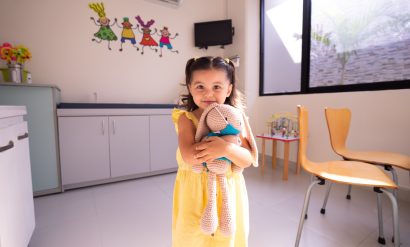
PEDAL’s new report for the Starlight Children’s Foundation
This literature review explores the connection between play and children’s health in healthcare contexts.
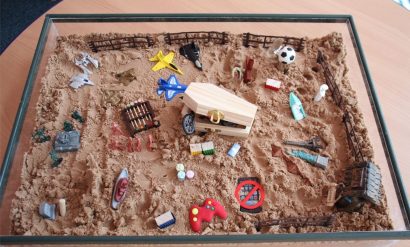
Trusting play to be meaningful data: using sand tray as a play-based research method with an adapted interpretative phenomenological analysis
PEDAL PhD student Sydney Conroy explores using play itself as data for the purpose of research.
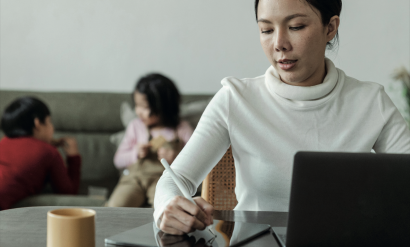
PEDAL’s new report for The Centre for Emotional Health
Our new report investigates how employers’ can support parents’ emotional health and their parenting.
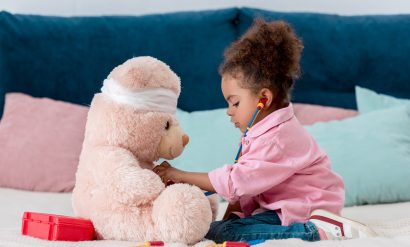
Fostering the psychological wellbeing of children diagnosed with cancer: Multidisciplinary insights in paediatric oncology
PEDAL PhD student Paulina Perez-Duarte Mendiola contributed to this paper which was published last month in the Psycho-oncology section of Frontiers in Psychology.
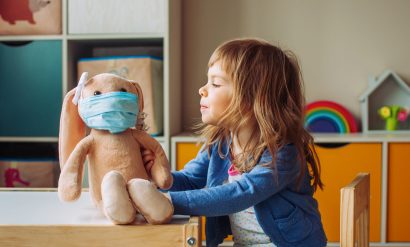
It’s a Pandemic in the Playborhood: An International Perspective of Play Therapists on the COVID-19 Pandemic
The COVID-19 pandemic, lockdowns and beyond, impacted many professions and workplaces, including therapists and their therapy rooms.
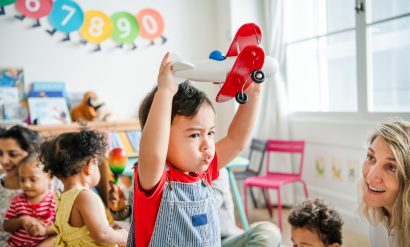
Supporting Learning Through Play
A Play Commission Submission by Dr Soizic Le Courtois, Manogya Sahay and Qiming Liu
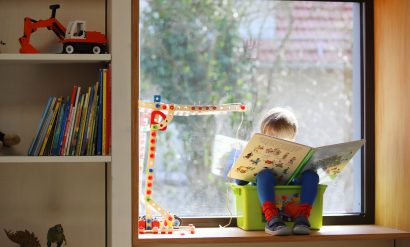
Common elements approaches to support early childhood development
In this PEDAL Conference 2024 recording, Prof Sara Baker, CEI's Dr Stephanie Smith and Emma Cook from Department of Health and Social Care present: Common elements approaches to support early childhood development.
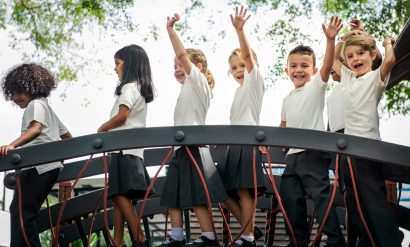
Using young children’s perspectives in research and practice
In this PEDAL Conference 2024 recording, PEDAL staff present research which uses playful methods to elicit the perspectives of young children to better understand their experiences of school and hospital.
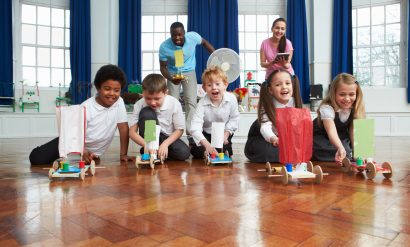
Innovative ways to support decision makers to use evidence in national and local systems
In this PEDAL Conference 2024 recording, Sally Hogg presents PEDAL's Mobilise programme and Foundations' Becky Saunders talks about Foundations' work to support local systems to improve services for families with young children.
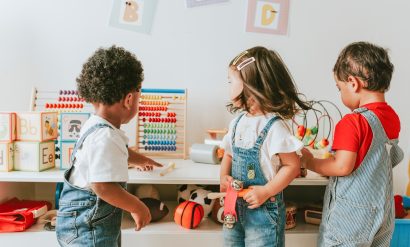
Innovative approaches to support language development and the home learning environment
In this PEDAL Conference 2024 recording, Prof Jenny Gibson presents her research findings that demonstrate the connections between a high-quality early language and communication environment in the home and children’s later school readiness and literacy outcomes in key stage 2.
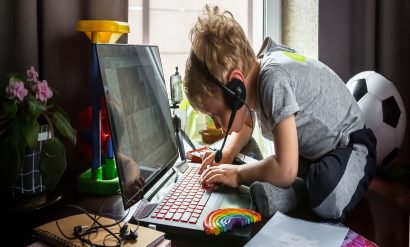
Innovative ways to use technology to support parent-child interaction
In this PEDAL Conference 2024 recording, Rob Hughes presents Tandem - a ground-breaking app which uses AI to support active engagement between parents and children, and Eloise Stevens and Nesta's Lauren Liotti and Zhen Rao talk about PEDAL’s Playtime with Books programme.
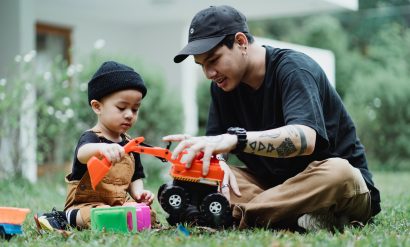
Innovative approaches in the development of parenting support: Moving beyond manualised programmes
In this PEDAL Conference 2024 recording, Dr Beth Barker presents The Golden Threads project and Dr Caroline White talks about Invest in Play.
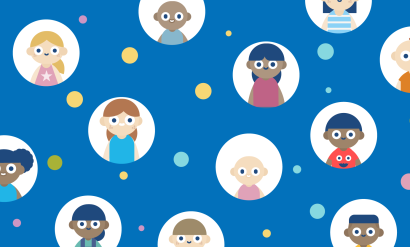
What is a common elements approach?
This short animation explains what a common elements approach is, and why PEDAL are using it in our research.
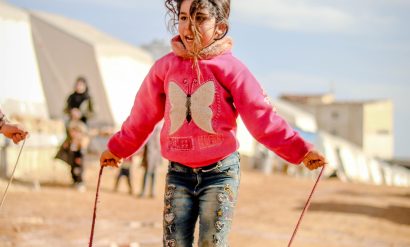
A playful retrospective on the power of play for young children and children living in contexts of conflict and crisis
In this PEDAL Conference 2024 keynote, Paul Frisoli playfully reflects on the last 5 years of The LEGO Foundation funding in humanitarian settings.
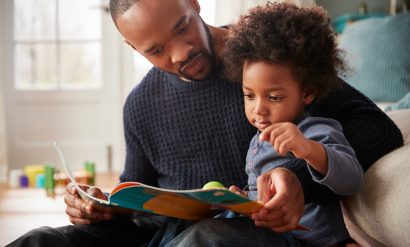
Book sharing videos for caregivers and EY practitioners
As part of PEDAL's Playtime with Books project, we created two videos for our YouTube channel that explain what book sharing is, how to do it, how it benefits children and what it might look like.

